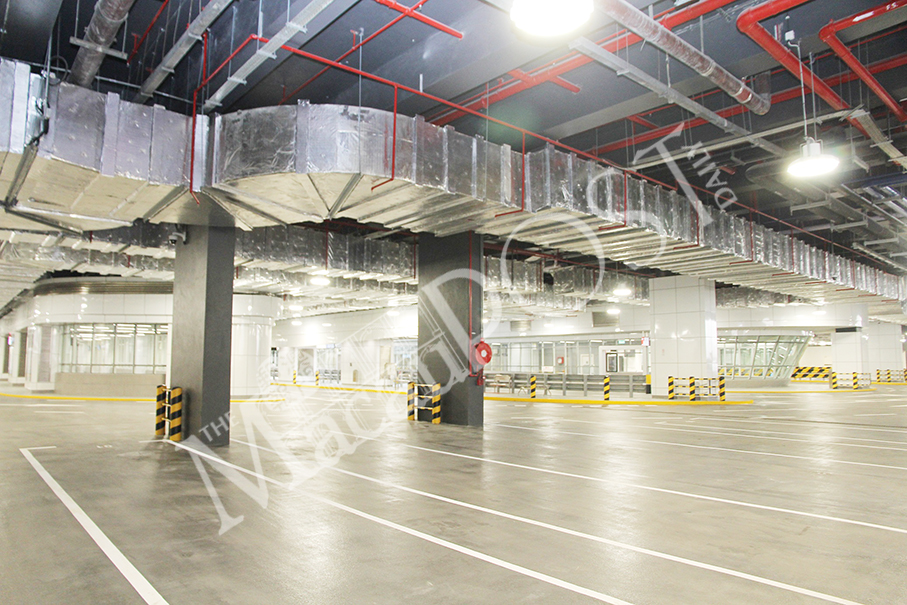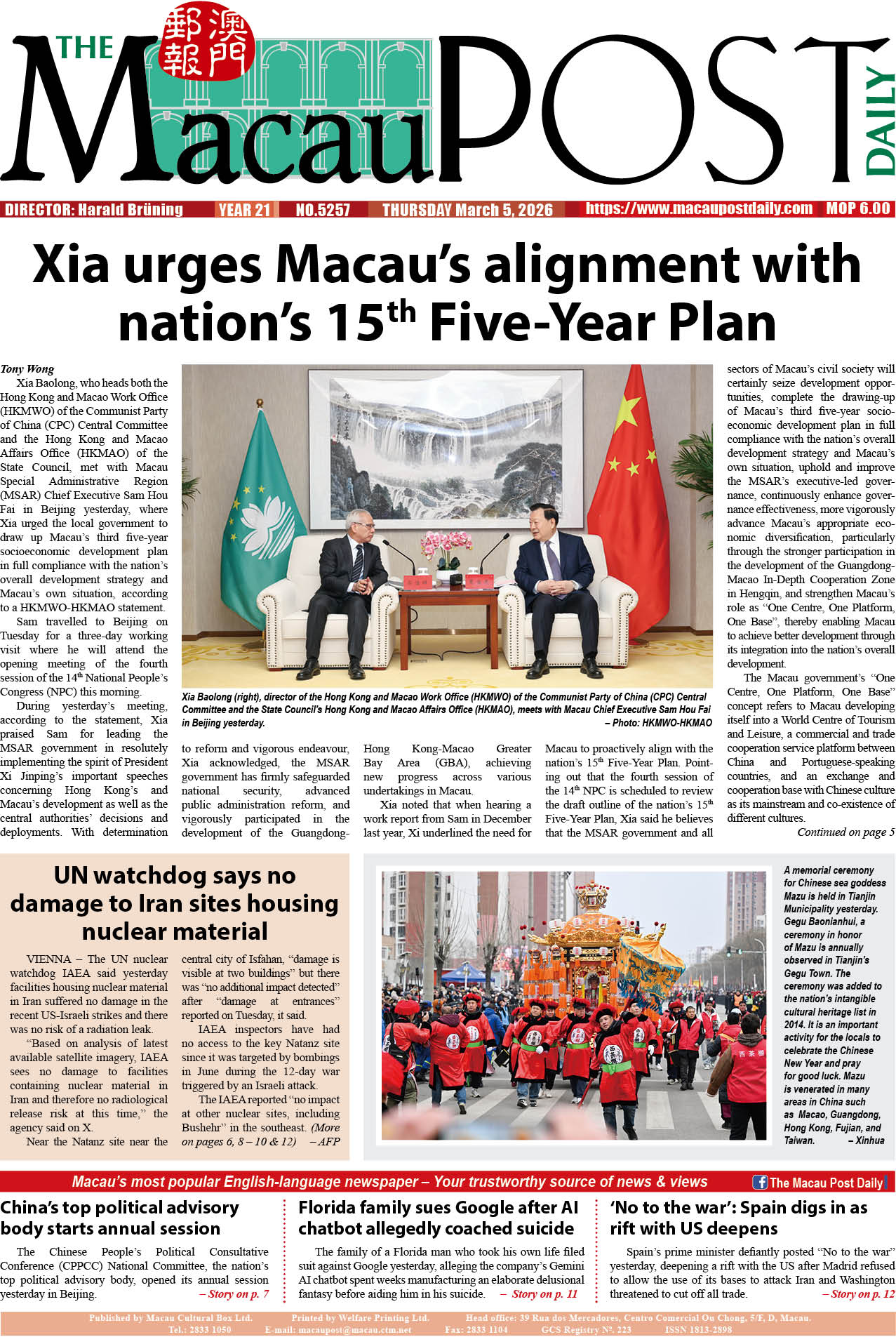Although there has been widespread reporting about the growing influence of social media such as Facebook and Twitter, it appears that traditional media – TV, radio and newspapers – have more likely captured the attention of voters in the run-up to Sunday’s direct and indirect legislative elections than social media.
When asked what grabbed their attention during the election campaign, voters told me that TV programmes had a major impact on their thinking as to whom to give their precious vote.
The importance of television as a news source remains strong vis-à-vis other media. The sharp increase in the number of TV channels in recent years that local residents are able to receive has made television in Macau a major provider of public information. Research shows that the overwhelming majority of people in Macau get their information from TV news programmes.
Jose Maria Pereira Coutinho, the four-time winner in the direct legislative elections took full advantage of the existing Internet technologies including online campaigning which is specifically suited to raise public awareness. No doubt, online election campaigning has gained a new dimension.
During the last seven days before Sunday’s election took place I visited Pereira Coutinho’s election campaign office. I witnessed in his office that he made full use of the Internet which is now a core element of modern political campaigning. Communication technologies such as e-mail and web sites enable faster communication and are able to deliver a campaign message to a larger audience.
Today, technology is the background of any political campaign. Running an election campaign is the most challenging and exhaustive activity for any candidate in the election arena.
In Pereira Coutinho’s election campaign office I observed many well-designed tools that allowed the campaign team to share information easily and efficiently, and helped them make well-informed decisions.
Putting the right tools in their proper place helped build the campaign in much easier way. Pereira Coutinho did it well with the help of his management team under the supervision of his top campaign executive Rita Santos.
Successful campaigns usually require a manager to coordinate well all the campaign operations, which Rita Santos did intelligently and successfully.
If I were asked to pick one single tactic that would help me win a seat in the legislature, I would undoubtedly choose door-to-door campaigning which I find the single most effective tactic that can work successfully to help a candidate win a seat in the legislature.
There’s a simple reason why door-to-door campaigning has not been effectively utilised by most local candidates. They find walking down the streets with a sack of campaign brochures embarrassing. Moreover, they find trudging through unfamiliar places and climbing staircases tiring and intimidating. However, Pereira Coutinho activated his “foot soldiers” – young men and women for door-to-door campaigning.
His “foot soldiers” were young people loyal to his cause. They were his true believers and fully believed in him as to champion his cause without hesitation.
His entire campaign was run by volunteer activists. The volunteers took part in activities such as canvassing in markets, city squares, door-to-door visits and phone calls on behalf of their candidates.
The smaller the race is, the more effective are door-to-door tactics to achieve worthy results in any election campaign. In an election race like in Macau, a candidate can win a race by focusing heavily on door-to-door campaigning – which perfectly embodies my election campaign philosophy that “the harder it is, the better it works.” Nothing works better than door-to-door campaigning in a local election race. That’s why Pereira Coutinho on Sunday won a seat in the Legislative Assembly for the fourth time in a row.
Diogo Fernandes is a local writer and former Government Information Bureau (GCS) staff.







